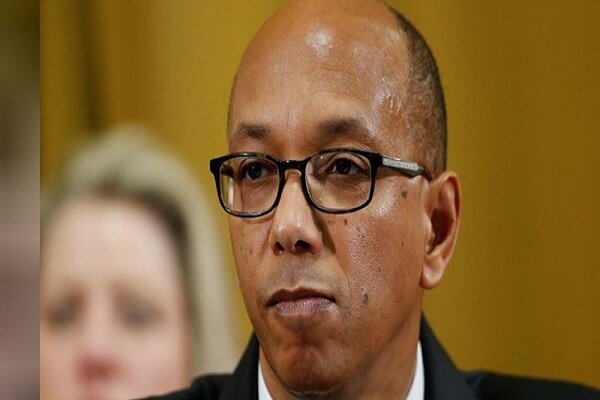Robert Wood, US disarmament ambassador, noting talks set for April on the nuclear Non-Proliferation Treaty (NPT), told reporters in Geneva: "Here we are on the eve of a review conference that Iran is threatening to walk away from.”
"We think that Iran needs to end its malign behavior and sit down with the United States and negotiate an agreement that deals not only with the nuclear issue but also with the other issues that concern us like the ballistic missile proliferation and development and the malign activities around the world,” he said.
Referring to activation of trigger mechanism by E3, Iranian Foreign Minister Mohammad Javad Zarif said on Monday that Iran will leave the Non-Proliferation Treaty (NPT) if the EU takes Iran's nuclear case to UN Security Council.
“Tehran has taken the fifth and the last step to reduce commitments to the nuclear pact, and it is not going to take another step to reduce its commitments,” he noted, adding that Iran would also resume its suspended JCPOA commitments if Europeans return to their commitments to the nuclear pact.
Britain, France, and Germany, collectively known as the E3, have formally triggered a dispute settlement mechanism featured in the 2015 nuclear deal with Iran, a step that could lead to the restoration of UN sanctions against the Islamic Republic.
After the mechanism is implemented, Iran would be given 15 days to resolve the dispute with the threesome states.
The JCPOA lifted nuclear-related sanctions imposed on Iran by the UN and some other signatories of the deal, particularly the US.
The Islamic Republic, in return, voluntarily changed some aspects of its nuclear program. The agreement was later ratified in the form of Security Council 2231, which terminated previous UN resolutions against the Islamic Republic.
Bowing to Washington’s pressure, the three remaining European signatories failed to protect Tehran’s business interests under the deal after the US’s withdrawal and started to tow Washington’s sanction line.
Consequently, Iran began in May 2019 to gradually reduce its commitments under the JCPOA to both retaliate for Washington’s departure and prompt the European trio to respect their obligations towards Tehran.
Recently, Iran took a final step in reducing its commitments and said it would no longer observe any operational limitations on its nuclear industry.
Tehran has, however, reminded that all its retaliatory steps fitted within Paragraph 36 of the JCPOA and that its countermeasures are “reversible upon effective implementation of reciprocal obligations.”
MNA/FNA 13981101000917
